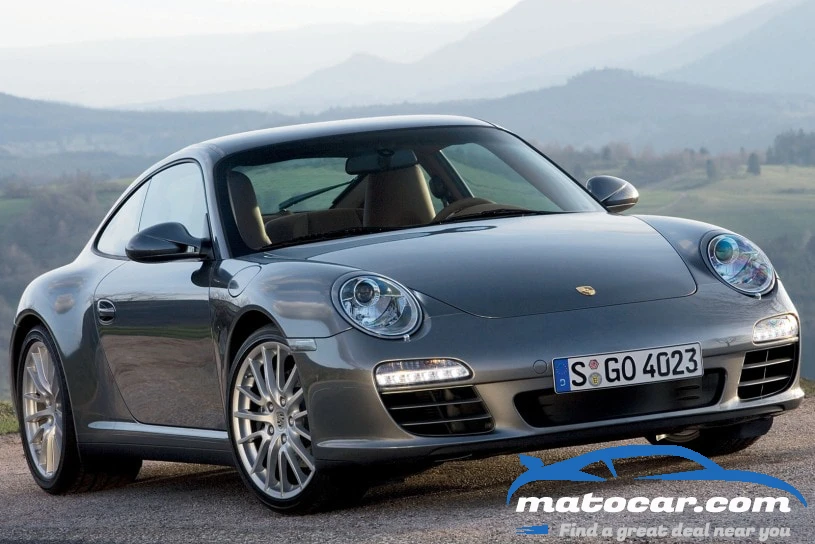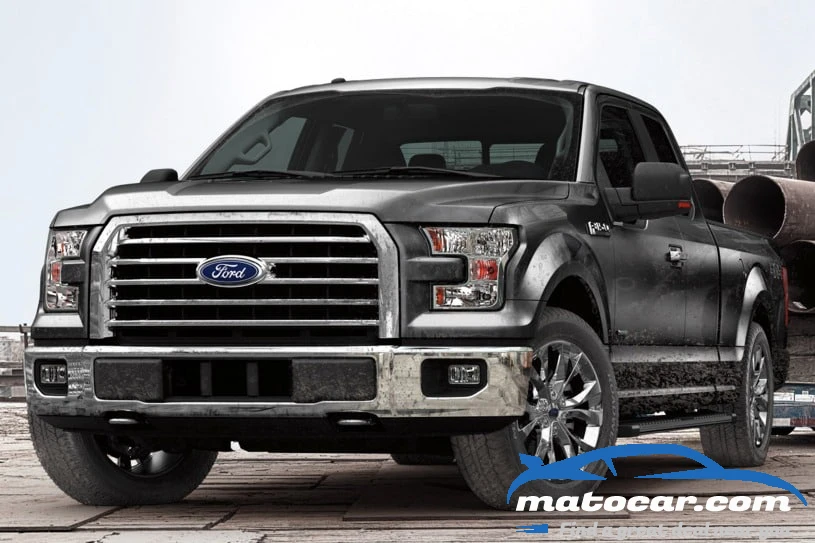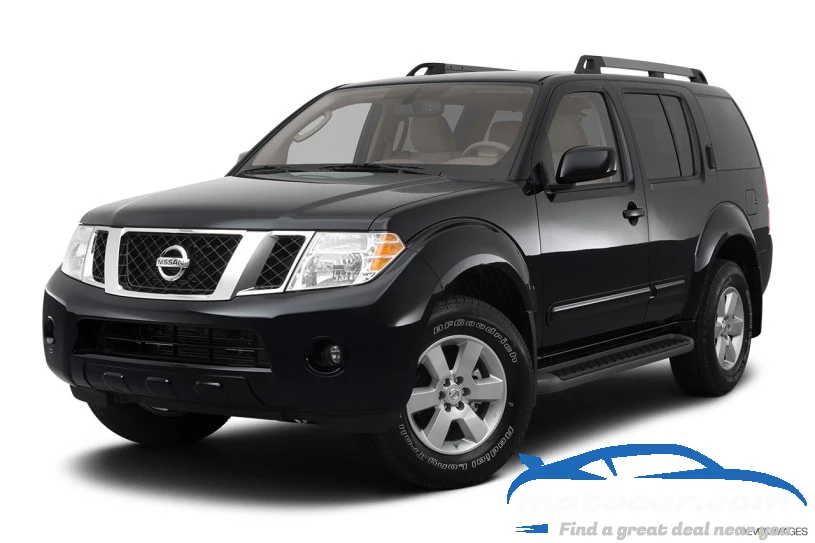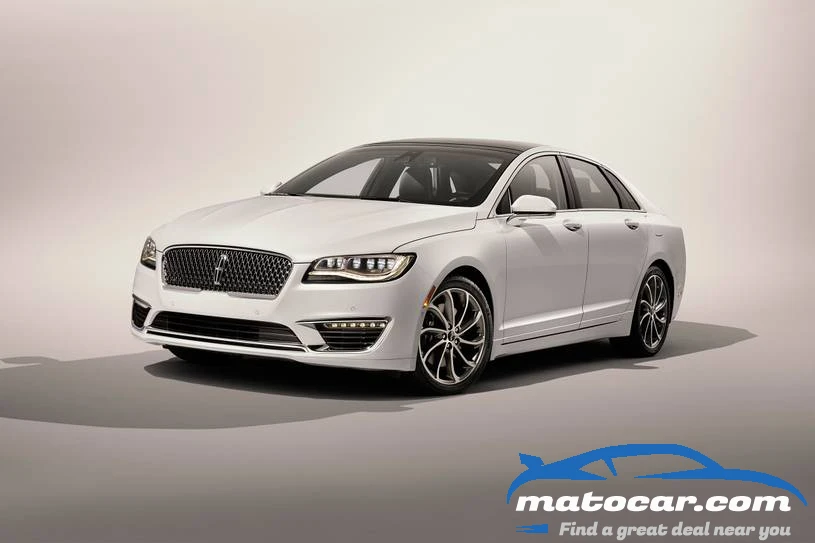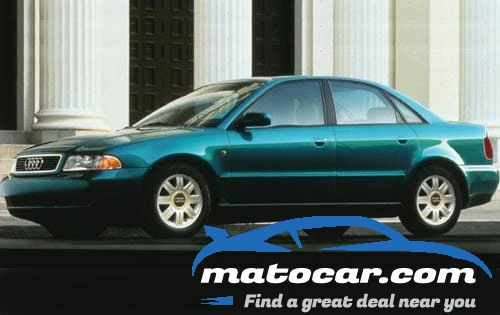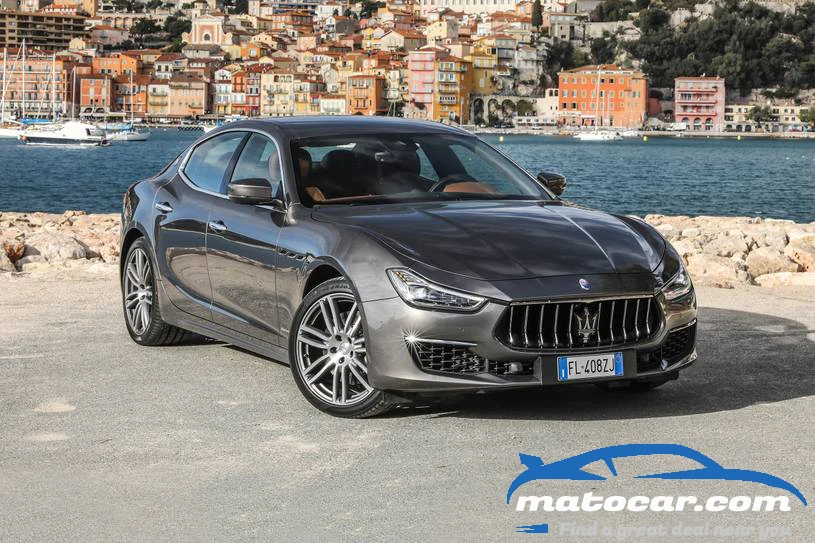Porsche 911 2010 Review Prices , and Pictures
10.0/10
Based on 1 reviewsMSRP range: $26,227 - $41,787
- Multiple models to choose from, precise steering, effortless acceleration, powerful brakes, all-wheel-drive option, comfortable and spacious cockpit, surprisingly fuel-efficient, highly customizable.
- Options prices can really add up, unintuitive PDK shift buttons.
The 2010 Porsche 911 remains the quintessential sports car that only gets better with every passing year.
Vehicle overview
Buying a sports car isn't a rational affair. It's like trying to pick the tastiest dessert or most melodious music. The car that pleases the 13-year-old inside you is most likely the one that'll end up in your garage. But what if that car you oh-so desire also makes some sense? What if it returned 27 mpg, but also hit 60 mph in 4.2 seconds? What if it made mincemeat of a mountain road, but also could take you to San Francisco with a golf bag and a weekend's worth of luggage? What if it had been around so long that its engineers have been simply perfecting perfection?
If it sounds like we're bowing to the sacred cow of the 2010 Porsche 911, you'd be right. But what choice do we have when every single one of this car's umpteen variations is so darned good? Just look at that Pros and Cons list above. Rarely is there such a gross disparity and we easily could've added four or five more pros. Heck, even the second con is easily corrected by opting for the Turbo's PDK shift paddles.
Last year saw the 911 gain a number of welcome improvements to its powertrains, equipment list and interior controls, though several of its higher-performance models went on vacation. This year, the GT3 and track-ready GT3 RS have returned and get most of last year's improvements, along with more power and unique additions of their own. The 911 Turbo also gets a power boost that sees it hit the 500-horsepower milestone. Yep, the 911 just got even better.
However, despite our affection for the 2010 Porsche 911 and appreciation for its remarkably well-rounded nature, there are a wide variety of sports cars that compete with its myriad iterations. Just naming them -- Aston Martin V8 Vantage, Audi R8, Chevy Corvette, Jaguar XK, Lotus Evora, Maserati GranTurismo, Mercedes-Benz SL, Nissan GT-R -- is like announcing the starting lineup of an all-star team. We'd have a hard time arguing against any of them, but in the end, it really only matters what that 13-year-old inside you thinks.
2010 Porsche 911 models
The 2010 Porsche 911 comes in a multitude of trims and body styles: Carrera and Carrera S are available in coupe and convertible (Cabriolet) body styles, while Carrera 4, Carrera 4S and Turbo add all-wheel drive and larger rear fenders to those same body styles. The GT3 and GT3 RS are coupe-only, while the Targa 4 and Targa 4S are essentially Carrera 4 models with a large power-sliding glass roof.
All 911 Carrera and Targa trims come standard with 18-inch wheels, performance tires, bi-xenon headlights, a sunroof, cruise control, automatic climate control, leather upholstery, power-reclining front seats (with manual fore-aft and height adjustment), split-folding rear seats, a tilt-and-telescoping steering wheel, a touchscreen electronics interface and a nine-speaker stereo with CD/DVD player. The Cabriolet includes a power soft top, while the Targa includes a bigger and more complex sunroof and an opening rear window hatch. The S trims add a more powerful engine, 19-inch wheels, an adaptive suspension and a sport steering wheel.
The Turbo adds to the Carrera a turbocharged flat-6, 19-inch forged wheels, a more aggressive suspension tune, unique body styling, full power front seats, full leather interior, auto-dimming interior and driver-side mirrors, automatic wipers and a 13-speaker Bose surround-sound system.
The two-seat-only GT3 gets a bigger flat-6 engine, a limited-slip differential, 19-inch centerlock wheels, enhanced brakes, a retuned adaptive suspension, lighter-weight body panels, full underbody paneling, sport seats, faux-suede upholstery and trim and a downgraded four-speaker stereo with CD player. The sunroof is deleted, however. The GT3 RS gets more horsepower, even more aggressive suspension tuning, a plastic rear window (for weight reduction), a fixed carbon-fiber rear wing, unique exterior elements and full manual seats.
The 911's options list runs longer than the federal budget, with an endless number of customizable features that will wrap just about anything in leather, or paint it any exterior color. Regular options on the non-GT3 models include different wheels, ceramic composite brakes, adaptive suspension (base Carrera), a limited-slip differential (Carrera, Cabriolet and Targa models) adaptive headlights, PDK shift paddles (non-Turbo), sport exhaust, parking sensors, auto-dimming interior and driver-side mirrors, fully powered front seats, sport seats (in three different designs), heated seats, ventilated seats, a heated steering wheel, different steering wheel designs, the Turbo's Bose stereo, Bluetooth, a navigation system, a six-CD/DVD changer, voice controls, satellite radio and an iPod interface.
The Sport Chrono Package Plus adds a lap timer, adjustable driver settings and, with PDK, launch control. The Carrera S Powerkit upgrades the engine to 408 hp through a variety of powertrain upgrades. The GT3 and GT3 RS can be equipped with most of these items, but not all. Also its optional upgraded stereo is the Carrera's base nine-speaker system, and there are a number of further performance upgrades available.
MatoCar Latest Porsche 911 NewsPorsche Taycan Cross Turismo Is the MatoCar Top Rated Luxury EV for 20222010 Highlights
For the 2010 Porsche 911, the GT3 and GT3 RS trim levels return to the lineup. They gain most of the same improvements made to the Carreras last year, along with additional performance enhancements. The 2010 Turbo also gets a bump in horsepower, along with other revisions.Performance & mpg
The 2010 Porsche 911 Carrera is powered by a rear-mounted 3.6-liter horizontally opposed (a.k.a. "flat" or "boxer") six-cylinder engine that produces 345 horsepower and 288 pound-feet of torque. The Carrera S gets a 3.8-liter flat-6 that produces 385 hp and 310 lb-ft of torque. The Carrera S Powerkit ups the ante to 408 hp. The GT3 features a 3.8-liter flat-6 good for 435 hp and 317 lb-ft of torque, while the GT3 RS produces 450 hp and 317 lb-ft of torque. The Turbo gets a twin-turbocharged 3.8-liter flat-6 that cranks out 500 hp and 480 lb-ft of torque.
The Turbo and models with 4 in their name come with all-wheel drive. Otherwise, the 911 is rear-wheel drive. A six-speed manual transmission is standard on all 911 models, though the Carrera, Cabriolet and Targa have a hill start assist function. Optional on all but the GT3 and GT3 RS is Porsche's seven-speed dual-clutch automated manual known as PDK (a.k.a. Porsche-doppelkupplungsgetriebe -- Porsche double-clutch gearbox).
In performance testing, both a Carrera 4S coupe with a manual and a Carrera S Cabriolet with PDK went from zero to 60 mph in an impressively quick 4.2 seconds. A regular Carrera should be just a few tenths behind, and the GT3 models a few ticks ahead. Porsche estimates that the Turbo will do it in an astonishingly quick 3.2 seconds.
Fuel economy is excellent for a sports car. The 911 Carrera with PDK will return 19 mpg city/27 mpg highway and 22 mpg combined, with all other Carrera variations differing by only 1 or 2 mpg. The GT3 and Turbo aren't remotely as frugal, but if you cared about frugality, you wouldn't be buying those, would you?
Safety
The 2010 Porsche 911 comes standard with antilock brakes, stability and traction control, front side airbags and side curtain airbags.
In brake testing, the 911 Carrera 4S came to a stop from 60 mph in 104 feet. The bigger brakes on the GT3 and Turbo could theoretically be even better. Given this excellent performance, you'd only need the optional ceramic composite brakes if you frequent high-performance driving events.
Driving
For a car with an exaggerated rear weight bias, it's always impressive how beautifully composed this classically designed Porsche remains in corners. 911s of yore earned a reputation for tricky at-the-limit handling, but those demons have long been exorcised -- especially when you get an all-wheel-drive model. The 2010 Porsche 911 is all about composure and man-machine communication (that goes double for the phenomenal GT3), and it has a lightweight finesse to it that no bruising Nissan GT-R can match.
The PDK transmission is a welcome happy medium for those who desire the traffic-friendly nature of not having a clutch, yet still want the rapid shift performance of a traditional manual. However, we're not fans of the awkward shift buttons. These can be replaced with optional shift paddles on the Turbo, but sadly you can't get them on other models.
Interior
Build quality is exceptional in the 2010 Porsche 911. Even those surfaces not swathed in soft hide are constructed of a material that's actually pretty consistent with the cow-sourced stuff. Other material highlights include a standard Alcantara headliner and deep carpet that extends up onto the doors, eliminating the possibility of scuffing any sort of lower door plastic.
As far as interior space goes, it doesn't get much better in the sports car realm. Sure, the 2+2 rear seats are mostly useless, but when folded, they provide a large cargo space that complements the frunk (aka front-trunk). Up front, supportive bucket seats with side bolsters hold both driver and passenger in place while cornering, without making either feel pinned in.
Large footwells, as well as a tilt-and-telescoping steering wheel can accommodate drivers of nearly all sizes. Interior controls are now much simpler than in previous 911s, and items like navigation, Bluetooth, an iPod interface and cooled seats help make this sports car a viable daily driver.
Rate the car
You may also like
0 Comments

